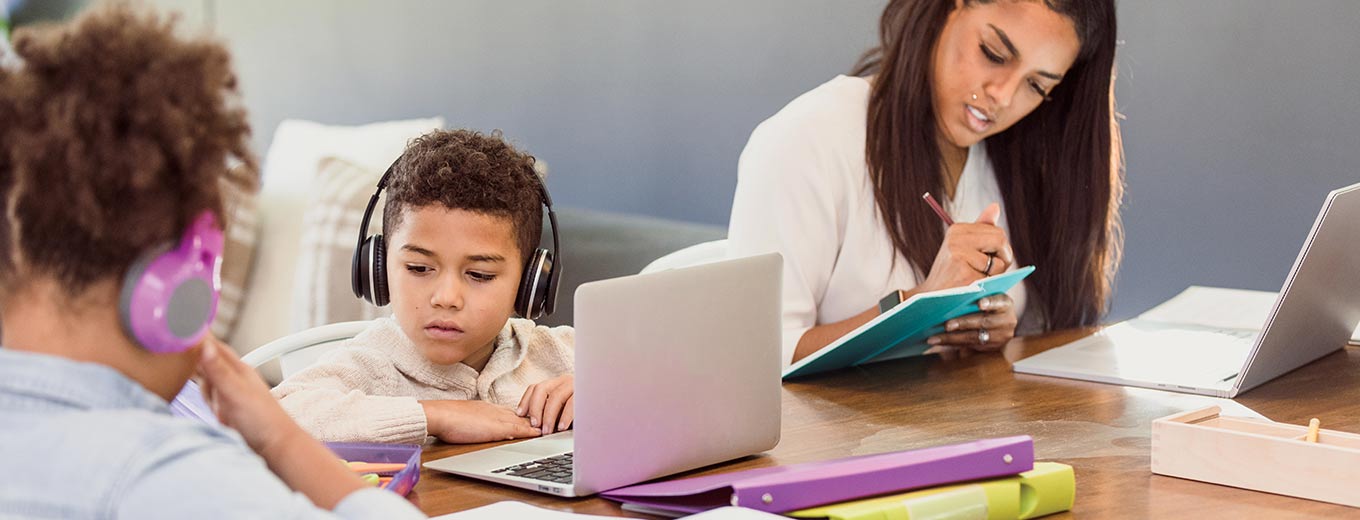FIDI President Ebru Demirel reflects on what the pandemic has taught movers about looking after the people who work in their businesses
As we reached the anniversary of the first COVID-19 lockdowns, I have been reflecting on how the past year has changed us as an industry. I know that some of us are still struggling to get through the month, or to the next payroll, but there are others who have reached a state of equilibrium, a kind of stability that allows them to see how things might look further down the road – and there are a couple notable things.
One is that we can see, now, how this event has had a disproportionate effect on women. We’ve read about it for almost a year; about the number of women falling out of the workforce because the kids were home schooling, and someone needed to watch over them – a duty that tended to fall on women. Some of us saw this happening to friends or co-workers who found themselves in this situation in the early days of the pandemic. The trend has now had time to run deep and wide, so that almost all of us know someone personally who has been caught in this tide.
However, there has been another way for company leaders to respond to this. An industry friend of mine mentioned in passing that the company was now operating like a daycare centre, and I asked him what he meant. It turns out that, early in the pandemic, the company said: ‘Well, the conference room isn’t getting used for business as much any more, we may as well turn it into a facility for our employees’ children.’ So they rearranged the furniture, stocked the bathroom with extra supplies, hired a sitter that one of the parents was already using – and, just like that, they could provide daycare.
Now, instead of having to make the painful choice between childcare or work, their employees can bring the children to work. The company chose a conference room with a big window, so the parents, often young mothers, could check in on their children multiple times per day, just by walking past the window.
Initially, there was a problem with the younger ones making so much noise that the older ones couldn’t take part in their online lessons, so they brought in some unused bookcases and a few cubicle dividers and made part of the room a classroom. They even had some children without their own computers, so they said: ‘We have some unused computers now,’ and the kids used those.
Another change I’ve seen – and this one has been up close, because I see it in my own operation too – is that millennials have really shone during this period. When it came to working from home or meeting online, these staff took to the new methods like ducks to water.
When I ask myself, who have been some of the most fluid and relaxed employees throughout this crisis, the answer is always the millennials. And they’ve shown great loyalty, too. Maybe this is because the things they’ve always wanted are here now. In an unexpected way, sure, but here nonetheless. Work from home? Check. Meet on Zoom? Check. Bring children to the office? Check.
Our industry prides itself on finding creative solutions, and we’ve done just that. It’s hard to say, because it has come at a huge cost, and we’ve had to go through a lot of pain in a very short time to get here. But when we get to the other side of this, we’re going to come out of it with an industry that is more family-friendly – more human-friendly. We’re going to be able to look back and say proudly that we have made hugely positive steps during a period of great crisis.


